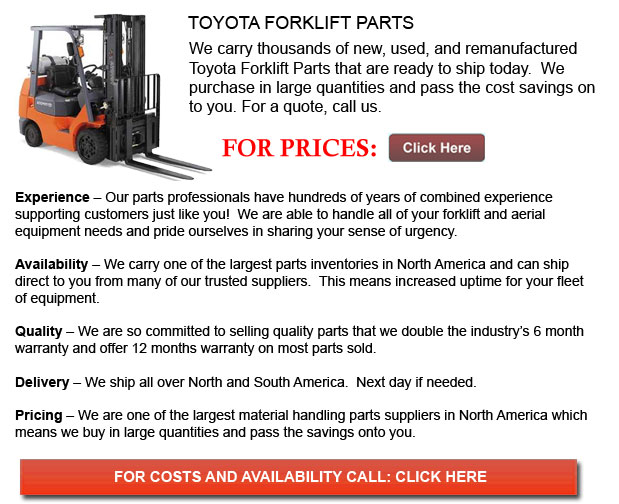
Toyota Forklift Part - In the U.S., Toyota Materials Handling inc., or TMHU, continues to be the best selling lift truck provider since 1992. Proudly celebrating more than 40 years of service, the Irvine, California situated company presents an extensive line of quality lift vehicles. Resulting from their history of superiority, reliability, and durability, Toyota remains popular in this aggressive market. Quality is the foundation of Toyota's notorious Toyota Production System practiced at all manufacturing facilities, including TIEM, which is stands for Toyota Industrial Equipment Manufacturing, situated in Columbus, Indiana. The bulk of the Toyota lift trucks sold in the U.S. are manufactured here.
All Toyota's manufacturing facilities within Canada and the United States comply with the International Organization for Standardization or ISO 14001 standard. The Columbus TIEM plant has been honored on many occasions for its devotion to continuous development and its environmentally friendly systems. It is the first and only maker to offer EPA and CARB-certified Compressed Natural Gas powered lift trucks on the market. For example, the Toyota 8-Series IC lift vehicles emit 70% less smog forming emissions than the existing centralized EPA standards and have complied with California's strict emission standards and policies.
Toyota Material Handling, U.S.A. - The Industry Leader
The head of Toyota Material Handling, U.S.A., Brett Wood believes that TMHU's achievement comes from its dedication to produce high quality lift trucks while offering outstanding client assistance and service. "We must be able to learn and predict the needs of our customers," said Brett Wood. "As a leader, our success also depends on our ability to address our customers' operational, safety and environmental cost issues." TMHU's parent company, Toyota Industries Corporation, also referred to as TICO, is listed in Fortune Magazine as the world's principal lift truck supplier and is amongst the magazines celebrated World's Most Admired Companies.
New Meaning to Environmental Responsibility
Toyota's parent company, Toyota Industries Corporation, has imparted an excellent corporate principles towards environmental management within Toyota. Toyota's loaded history of environmental protection whilst retaining economic viability cannot be matched by other corporations and certainly no other materials handling maker can thus far rival Toyota. Environmental responsibility is an important aspect of corporate decision making at Toyota and they are proud to be the first and only maker to provide UL-listed, EPA - and CARB -certified Compressed Natural Gas powered lift trucks. Yet another reason they remain a leader within the industry.
In 2006, Toyota introduced the 8-Series line. The 8-Series signifies both Toyota's innovation and leadership in the industry. It features an exclusive emission system that surpasses Federal EPA emission values, and also meets California's more elaborate 2010 emission standards. The end invention is a lift truck that creates 70 percent fewer smog forming emissions than the current Federal standards allow.
Moreover in 2006, Toyota established a relationship with the Arbor Day Foundation, furthering their dedication to the environment. Greater than 57,000 trees have been planted in local parks and national forests damaged by environmental reasons such as fires, as a product of this relationship. 10,500 seedlings have also been distributed through Toyota Industrial Equipment's network of sellers to non-profit organizations and local consumers to help sustain communities all over the U.S.
Toyota's lift vehicles offer improved stability, visibility, productivity, ergonomics, and all the foremost safety equipment that has made Toyota an industry leader. The company's System of Active Stability, often known as "SAS", helps reduce the chance of incidents and injuries, and increasing productivity levels while minimizing the potential for merchandise and equipment damage.
System Active Stability senses various elements that could lead to lateral volatility and potential lateral overturn. When one of those factors are detected, SAS instantly engages the Swing Lock Cylinder to stabilize the rear axle. This alters the lift truck's stability trajectory from triangular in shape to rectangular, offering a major increase in stability which substantially reduces the likelihood of an accident from a lateral overturn. The Active Mast Function Controller or the Active Control Rear Stabilizer also aids to prevent injuries or accidents while adding strength.
The SAS systems were originally used on the 7-Series internal combustion lift vehicles which were put on the market in 1999. These systems helped drive Toyota into the lead for industry safety standards. Now, SAS is utilized on virtually every modern internal combustion models and is standard equipment for the new 8-Series. There are more than 100,000 SAS-equipped lift trucks in operation, exceeding 450 million hours combined. The increased population of SAS-equipped vehicles in the field, along with required worker instruction, overturn fatalities across all brands have decreased by 13.6% since 1999. Furthermore, there have been an overall 35.5% fall in industry wide collisions, loss of control, falls and tip overs from a lift truck for the same period.
Toyota's measure of brilliance reaches far beyond its technological achievements. The company maintains a widespread Operator Safety Training curriculum to help clients meet OSHA standard 1910.178. Education packages, videos and various resources, covering a broad scope of subjects-from personal safety, to OSHA policies, to surface and cargo conditions, are accessible through the vendor network.
Toyota has sustained a continuous presence in the United States ever since its first sale. In 2009, Toyota Industrial Equipment Manufacturing, produced its 350,000th lift vehicle. This reality is demonstrated by the statistic that 99% of Toyota lift trucks bought in America today are built in the United States.
TMHU is based in Columbus Indiana and houses nearly 1 million square feet of production facilities over 126 acres of property. Facilities include a National Customer Center, as well as production operations and supply centers for equipment and service components, with the entire commitment exceeding $113 million dollars.
The new National Customer Center was conceived to serve both dealers and consumers of TMHU. The facility includes a 360-degree display room, a presentation theater complete with stadium seating for 32, an section for live merchandise demonstrations with seating capability for 120; a presentation theater; Toyota's Hall of Fame showcasing Toyota's story since the birth of its creator, Sakichi Toyoda, in 1867, and lastly a instruction center.
The NCC embodies Toyota's commitment to offering top-notch customer service. TMHU's 68 sanctioned Toyota Industrial Equipment, or TIE dealers, along with 189 dealership locations all through the U.S, present the most complete and inclusive customer service and support in the industry. The company's new and Certified Used lift vehicles, service, parts, and financing capabilities make Toyota dealerships a one-stop shop to ensure overall consumer satisfaction.
![]() Click to Download the pdf
Click to Download the pdf
Forklift Parts
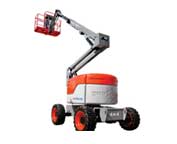
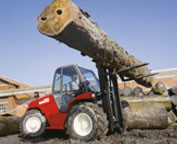
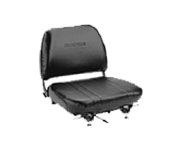
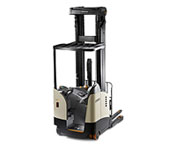
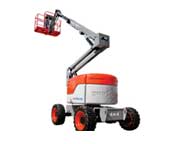
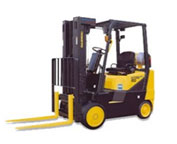
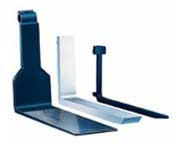
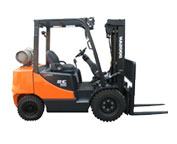
Lift Parts Express
TOLL FREE: 1-888-695-7994
LOCAL: 253-236-7927
325 S WASHINGTON AVE 414
Kent, Washington
forkliftpartskent.com
Email Us
About Us


